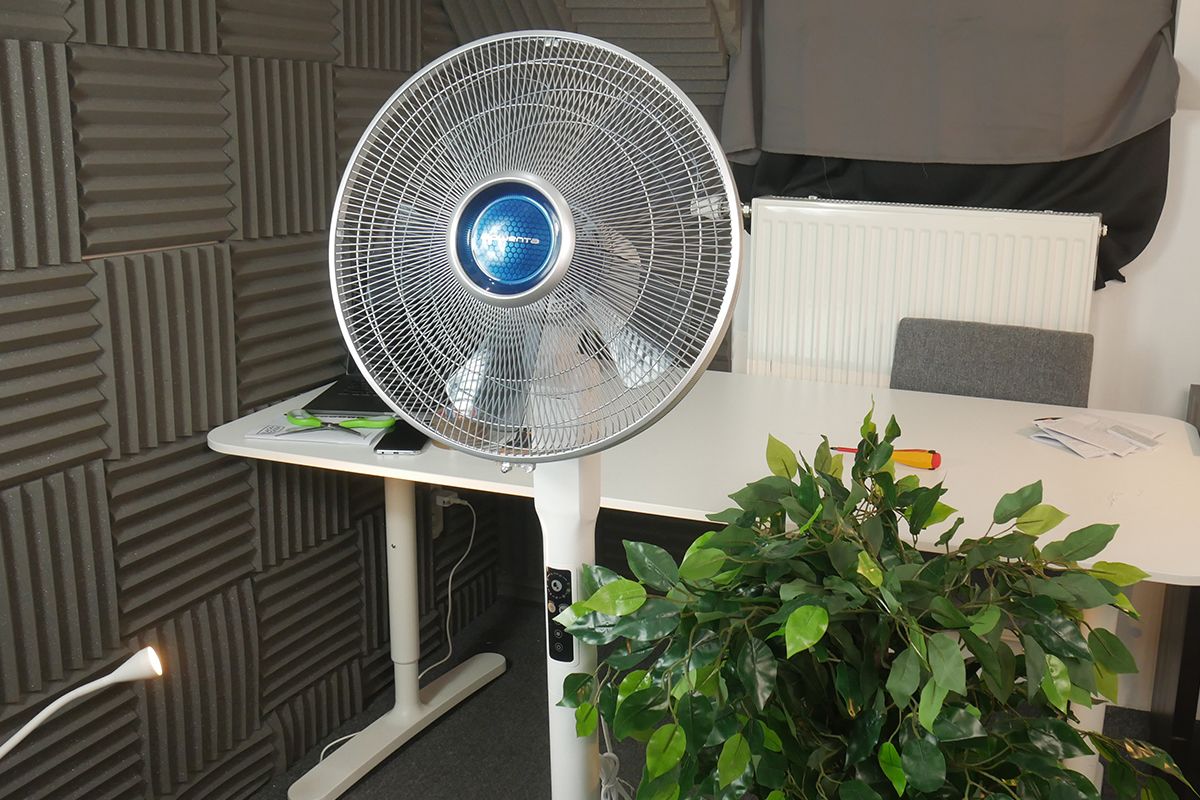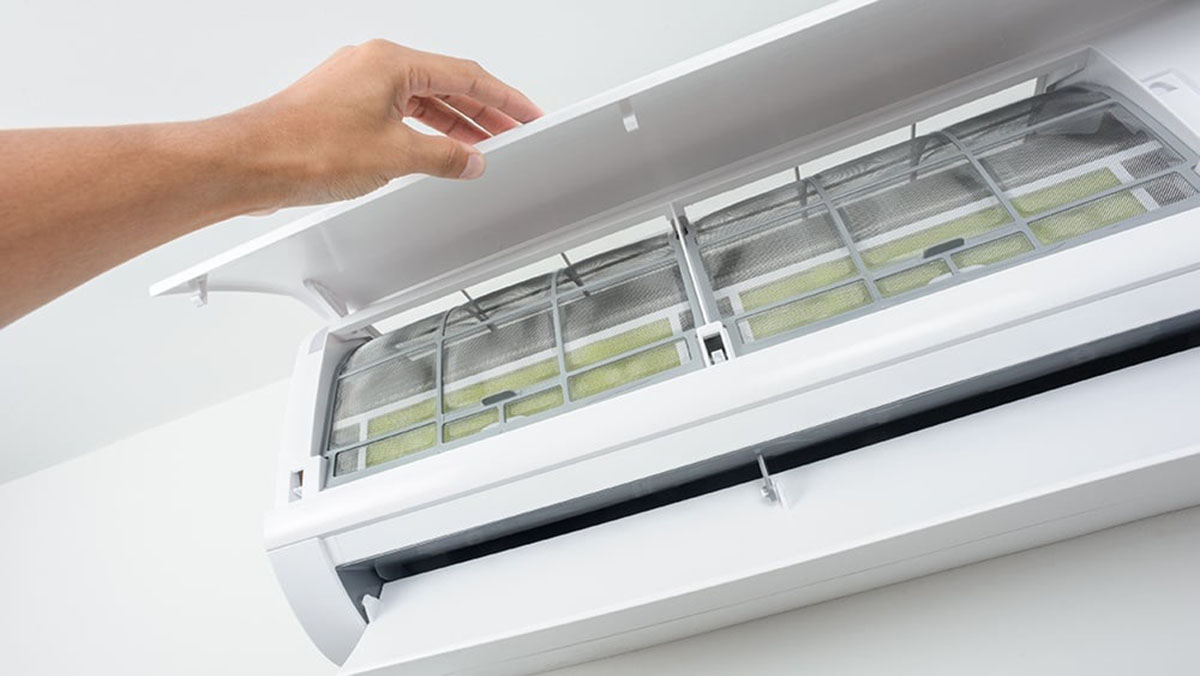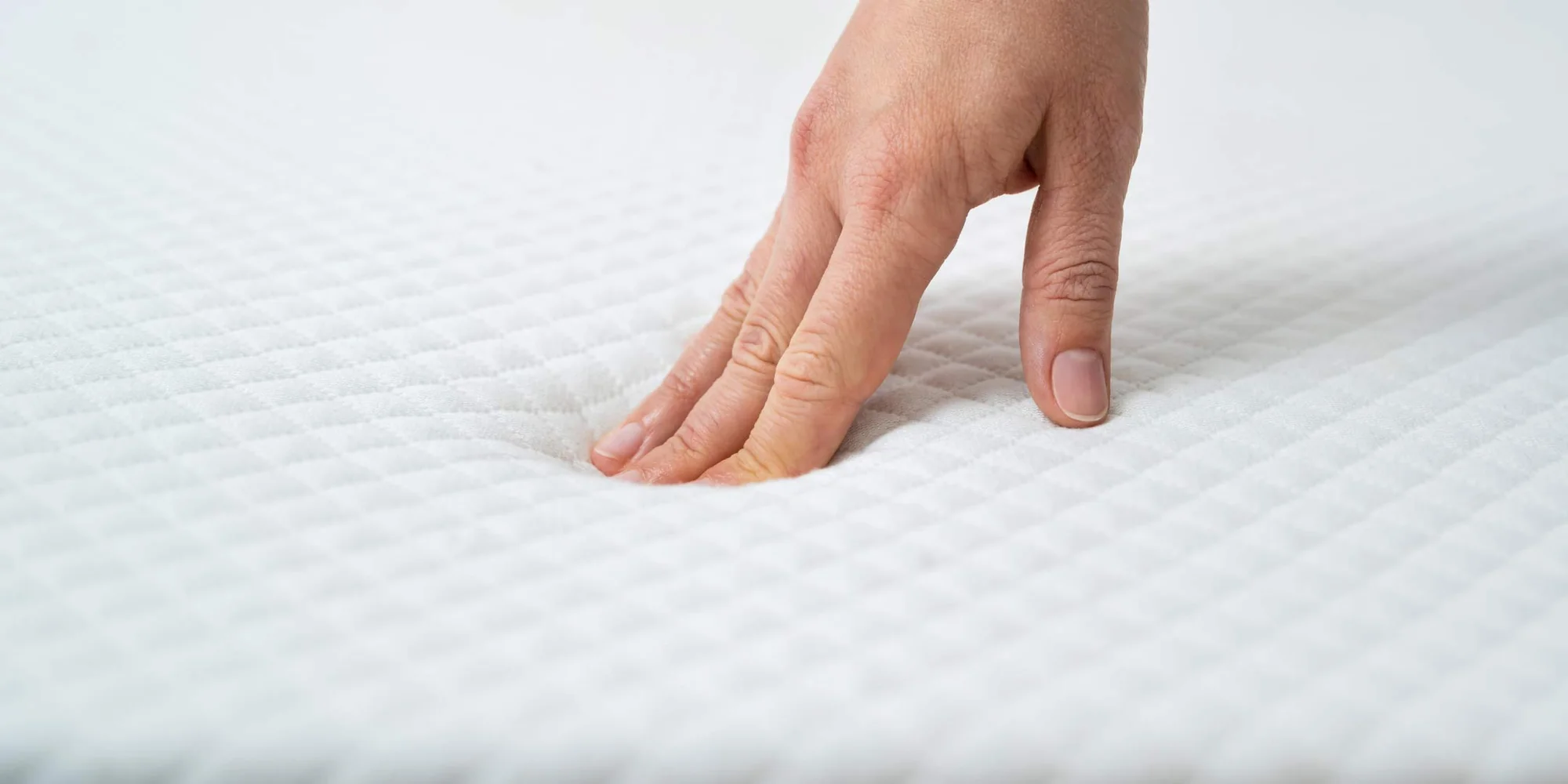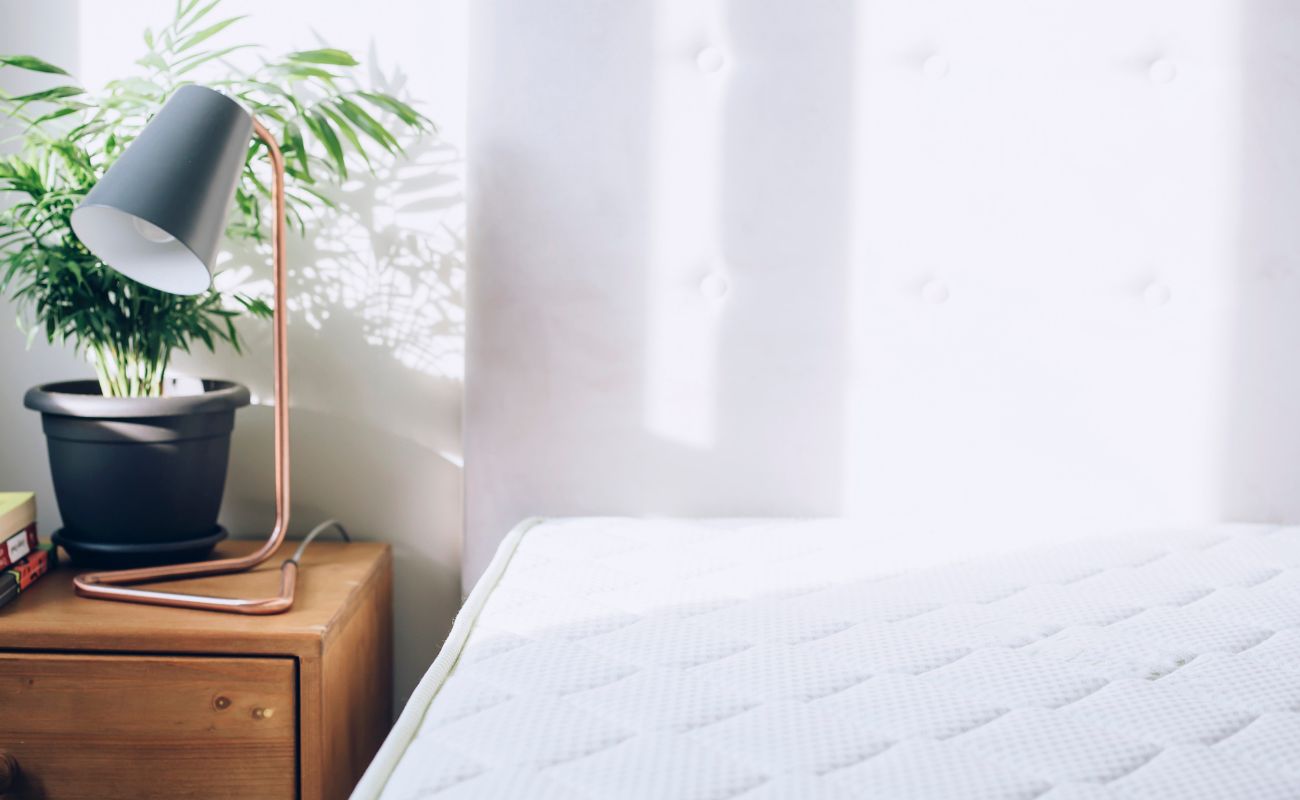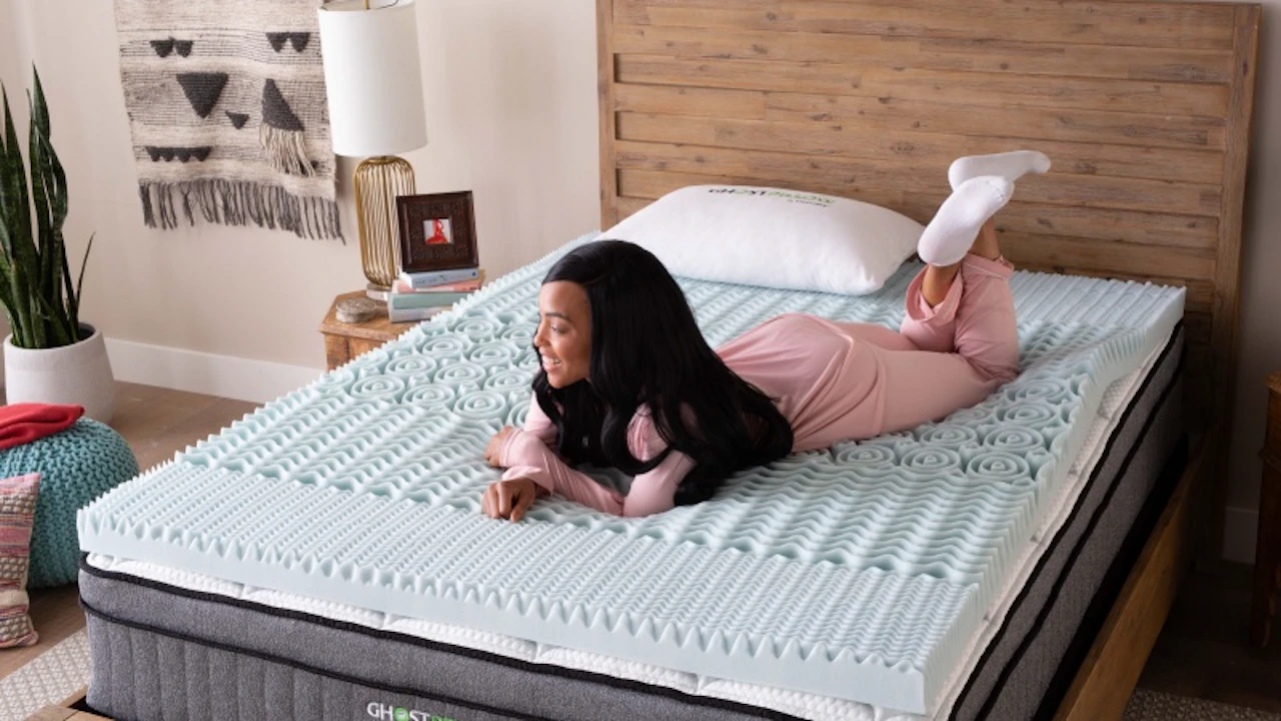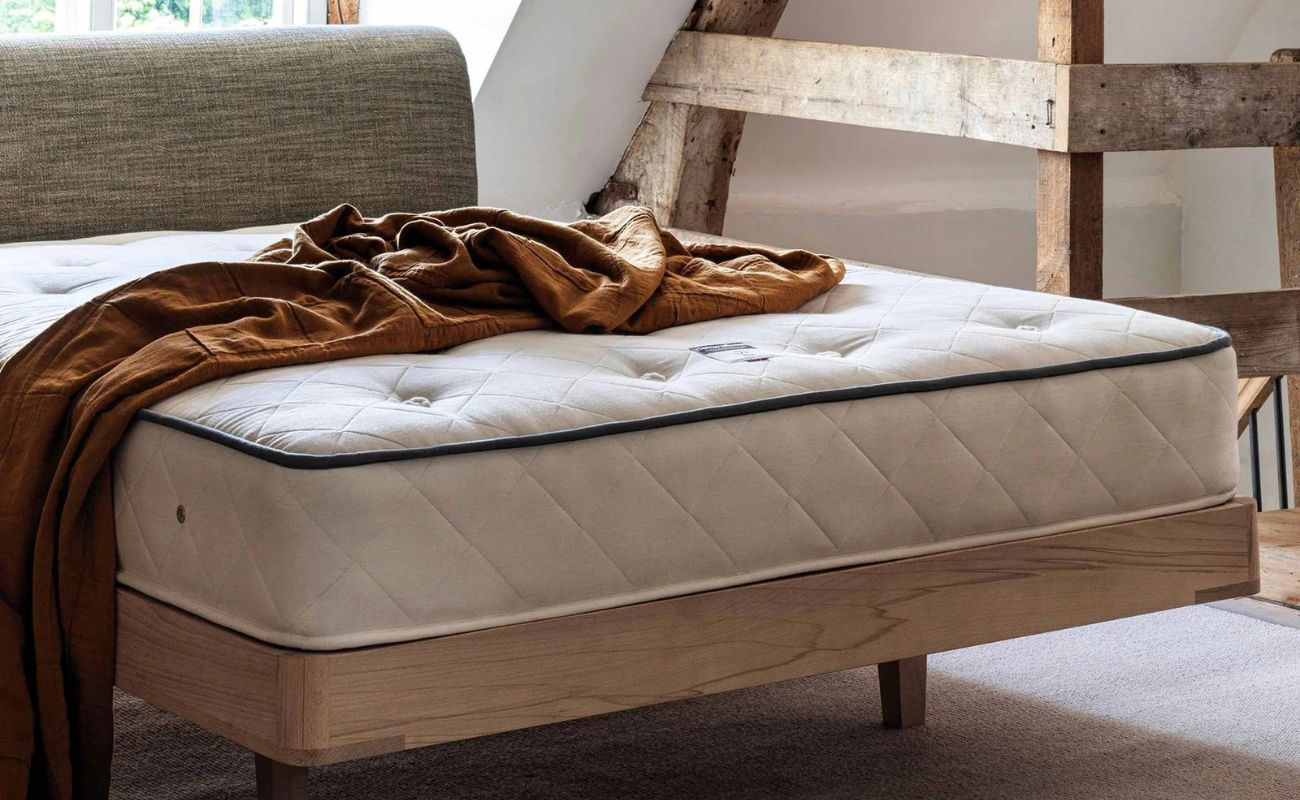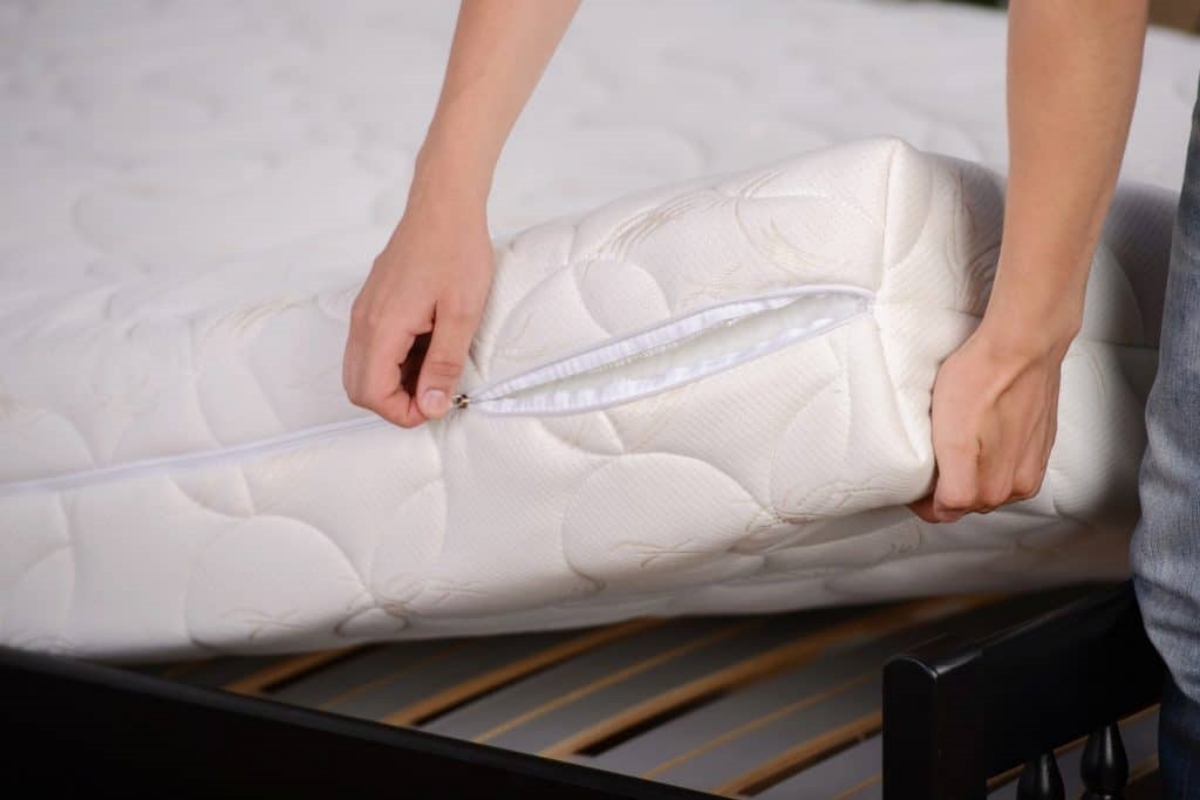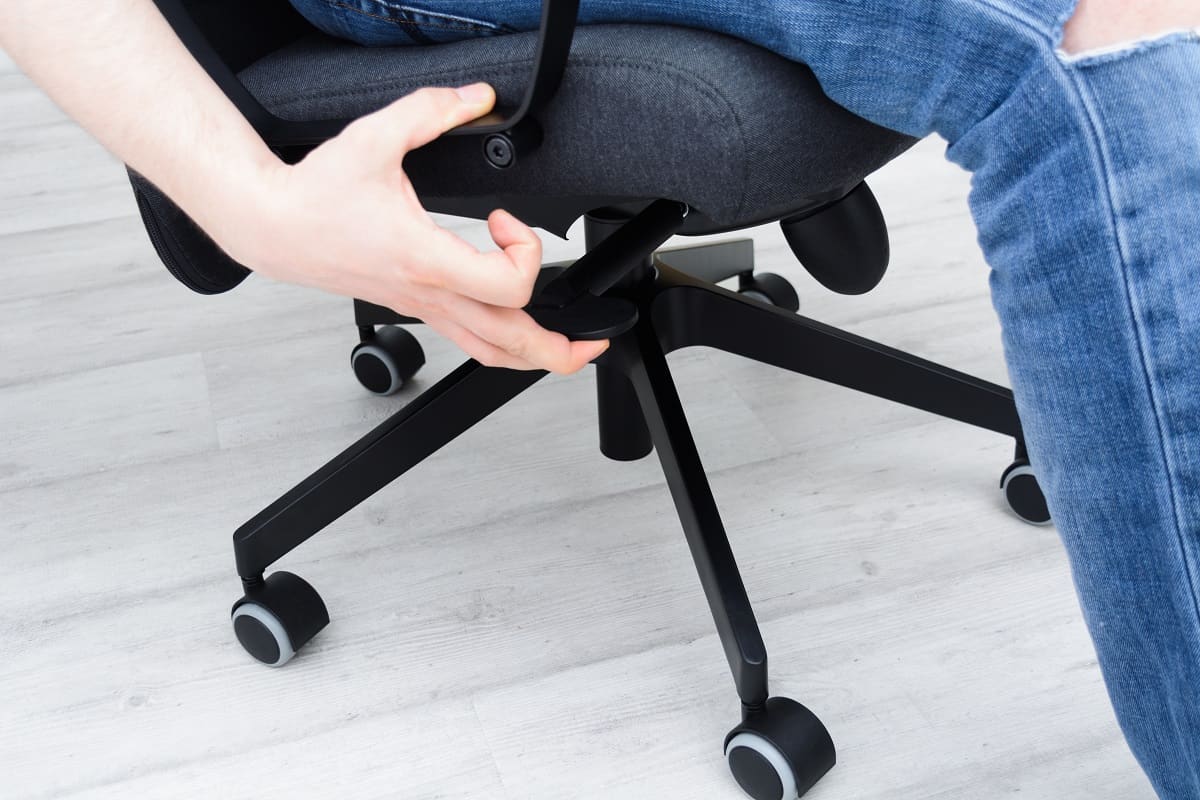Home>Furniture>Bedroom Furniture>Why Does A Mattress Squeak


Bedroom Furniture
Why Does A Mattress Squeak
Modified: April 22, 2024
Find out why your mattress squeaks and how to fix it with our helpful guide. Explore more bedroom furniture tips and tricks to enhance your sleep experience.
(Many of the links in this article redirect to a specific reviewed product. Your purchase of these products through affiliate links helps to generate commission for Storables.com, at no extra cost. Learn more)
Introduction
There’s nothing quite as frustrating as trying to get a good night’s sleep, only to be kept awake by the incessant squeaking of your mattress. Not only does it disrupt your sleep, but it can also be a source of annoyance and discomfort. But why does a mattress squeak in the first place?
In this article, we will explore the common causes of mattress squeaking and discuss strategies to prevent and fix this irritating problem. So, if you’re tired of tossing and turning on a noisy mattress, read on to discover the solutions that will help you reclaim peaceful nights and restful sleep.
Key Takeaways:
- Say goodbye to mattress squeaking by investing in a high-quality mattress, using a proper foundation, and regular maintenance to prevent annoying noises and enjoy peaceful sleep.
- Tackle mattress squeaking by identifying the source, applying lubrication, checking and tightening components, using shims, replacing worn-out parts, and seeking professional help if needed.
Read more: Why Does The Dryer Squeak
What Causes a Mattress to Squeak
Before we delve into the common causes and solutions, it’s important to understand why a mattress squeaks in the first place. Squeaky noises typically occur when there is friction between different components of the bed, such as the mattress springs, bed frame, or foundation.
The most common cause of mattress squeaking is worn-out or damaged mattress springs. Over time, the springs may lose their elasticity or become misaligned, causing them to rub against each other or the surrounding frame. This friction generates the squeaking sound that can be so bothersome when you’re trying to sleep.
In addition to worn-out springs, another culprit for mattress squeaking can be an inadequate foundation or bed frame. If the foundation or frame is sagging, unstable, or improperly assembled, it can put uneven pressure on the mattress and cause the springs to squeak.
Furthermore, moisture and humidity can also contribute to mattress squeaking. When moisture seeps into the mattress or accumulates in the room, it can lead to the development of mold, mildew, or rust on the metal components. This, in turn, can cause the mattress to squeak.
Now that we understand the underlying causes of mattress squeaking, let’s explore the common culprits and find out how to prevent and fix them. By addressing these issues, we can eliminate the annoying sounds and enjoy a quiet and peaceful sleep experience.
Common Causes of Mattress Squeaking
Now that we know why a mattress squeaks, let’s take a closer look at the common causes behind this annoying issue:
- Worn-out or damaged springs: As mentioned earlier, worn-out or damaged mattress springs are one of the primary culprits of squeaking. When the springs lose their elasticity or become misaligned, they can rub against each other or the surrounding frame, resulting in squeaky noises.
- Inadequate foundation or bed frame: If the foundation or bed frame is not sturdy or properly assembled, it can put uneven pressure on the mattress. This uneven weight distribution can cause the springs to squeak when you move or adjust your position during sleep.
- Misaligned or loose components: Over time, the various components of a mattress, such as the frame, screws, or brackets, can become misaligned or loose. This misalignment can create friction and cause squeaking sounds. Regular wear and tear, incorrect assembly, or frequent movement can contribute to the misalignment of these components.
- Mold, mildew, or rust: Excess moisture in the room or from spills can seep into the mattress, causing the development of mold, mildew, or rust on the metal components. This can lead to squeaking sounds when pressure is applied to the affected areas.
- Poor mattress quality: In some cases, the quality of the mattress itself may be the root cause of the squeaking. Cheaply made or poorly constructed mattresses may have subpar materials that wear out quickly or do not provide adequate support, leading to squeaking noises.
Identifying the specific cause of your mattress squeaking is crucial in finding the appropriate solution. Understanding these common causes will help you pinpoint the issue and take the necessary steps to prevent or fix the squeaking sounds for a peaceful night’s sleep.
To reduce mattress squeaking, try tightening the screws and bolts on the bed frame. If the noise persists, consider placing a thin layer of lubricant between the mattress and the bed frame.
Strategies to Prevent Mattress Squeaking
Prevention is always better than cure, and this holds true when it comes to mattress squeaking. Here are some effective strategies to help you prevent those annoying squeaks from happening in the first place:
- Invest in a high-quality mattress: Choosing a high-quality mattress from a reputable manufacturer can significantly reduce the chances of squeaking. Look for mattresses with durable and properly coiled springs, as well as high-density foam or supportive materials, to ensure longevity and minimize the risk of squeaking.
- Use a proper foundation or bed frame: Ensure that your mattress is supported by a sturdy foundation or bed frame. It’s essential to choose a foundation or frame that is designed specifically for your mattress type and size. This will help distribute the weight evenly, preventing sagging or misalignment that can lead to squeaking.
- Regular maintenance: Implement a regular maintenance routine to keep your mattress in good condition. This includes periodically cleaning the mattress and ensuring it stays dry. Avoid spills and moisture buildup, which can contribute to mold, mildew, and rust formation.
- Check and tighten screws and brackets: Keep an eye on the screws and brackets that hold your bed frame or foundation together. Over time, they may loosen due to movement or regular use. Regularly inspect and tighten any loose components to maintain stability and minimize squeaky noises.
- Use a mattress protector: Invest in a high-quality mattress protector to shield your mattress from spills, stains, and moisture. A waterproof and breathable mattress protector can help prevent the accumulation of moisture within the mattress, reducing the risk of squeaking caused by mold or mildew.
- Avoid excessive weight: Be mindful of the weight you place on your mattress. Avoid placing heavy objects or excessive weight on one particular area, as this can strain the springs and lead to squeaking. Spread the weight evenly across the mattress to maintain proper support and reduce the risk of squeaks.
- Rotate or flip your mattress: Rotating or flipping your mattress regularly can help distribute the wear and tear more evenly, preventing specific areas from becoming worn-out or misaligned. This can help prolong the lifespan of your mattress and reduce the chance of squeaking.
By implementing these strategies, you can greatly reduce the risk of mattress squeaking and ensure a quiet and peaceful sleep environment.
How to Fix a Squeaky Mattress
If you’re already experiencing a squeaky mattress, don’t worry! There are several effective solutions to fix the issue and restore a peaceful sleep. Here’s how you can tackle a squeaky mattress:
- Identify the source of the squeak: The first step is to determine where the squeak is coming from. This will help you target the specific problem area and apply the appropriate fix. Pay attention to whether the noise is coming from the springs, the bed frame, or any other components.
- Apply lubrication: If the squeak is coming from the springs, applying a lubricant can help reduce friction and silence the noise. Use a silicone-based lubricant or powdered graphite. Apply the lubricant to the areas where the springs meet or rub against each other. Be sure to follow the manufacturer’s instructions and use the lubricant sparingly.
- Check and tighten screws and bolts: If the squeak is originating from loose screws or bolts in the bed frame or foundation, tighten them using a screwdriver or wrench. Ensure that all connections are secure and stable.
- Use shims and wedges: If the squeak is caused by an uneven or sagging foundation, you can use shims or wedges to level the bed frame. Place the shims or wedges under the low or sagging areas to provide additional support and eliminate any uneven pressure that may be causing the squeak.
- Replace damaged or worn-out components: If the squeak persists despite your efforts, it may be time to replace any damaged or worn-out components. This could include replacing worn-out springs or investing in a new bed frame or foundation if they are beyond repair. Consult with a professional if necessary to ensure you choose the right components for your specific mattress type and size.
- Consult a professional: If you’ve tried the above solutions and the squeak still persists, it may be time to seek assistance from a professional. A mattress expert or furniture repair specialist can assess the situation and provide tailored advice or repair services to fix the issue.
By following these steps, you can effectively address and fix a squeaky mattress, allowing you to enjoy restful nights free from annoying squeaks and squeals.
Read more: Why Is My New Mattress Squeaking
Conclusion
A squeaky mattress can quickly turn a peaceful night’s sleep into a frustrating experience. However, by understanding the causes and implementing the right strategies, you can prevent and fix mattress squeaking for a restful and comfortable sleep environment.
We’ve explored the common causes of mattress squeaking, which include worn-out springs, inadequate bed frames or foundations, misaligned components, moisture buildup, and poor mattress quality. By identifying the specific cause, you can target the problem area and apply the appropriate solution.
To prevent mattress squeaking, invest in a high-quality mattress, use a proper foundation or bed frame, regularly maintain your mattress, check and tighten screws and brackets, use a mattress protector, avoid excessive weight, and rotate or flip your mattress periodically.
If you’re already dealing with a squeaky mattress, there are fixes you can try. Apply lubrication to reduce friction, check and tighten screws and bolts, use shims and wedges to level the bed frame, replace damaged or worn-out components, and consult a professional if necessary.
Remember, a quiet and comfortable sleep environment is essential for your overall well-being. Don’t let a squeaky mattress rob you of quality sleep. Take the necessary steps to prevent or fix mattress squeaking, and enjoy the peaceful rest you deserve.
Now it’s time to put these strategies into action and say goodbye to annoying squeaks. Sleep tight!
Frequently Asked Questions about Why Does A Mattress Squeak
Was this page helpful?
At Storables.com, we guarantee accurate and reliable information. Our content, validated by Expert Board Contributors, is crafted following stringent Editorial Policies. We're committed to providing you with well-researched, expert-backed insights for all your informational needs.


